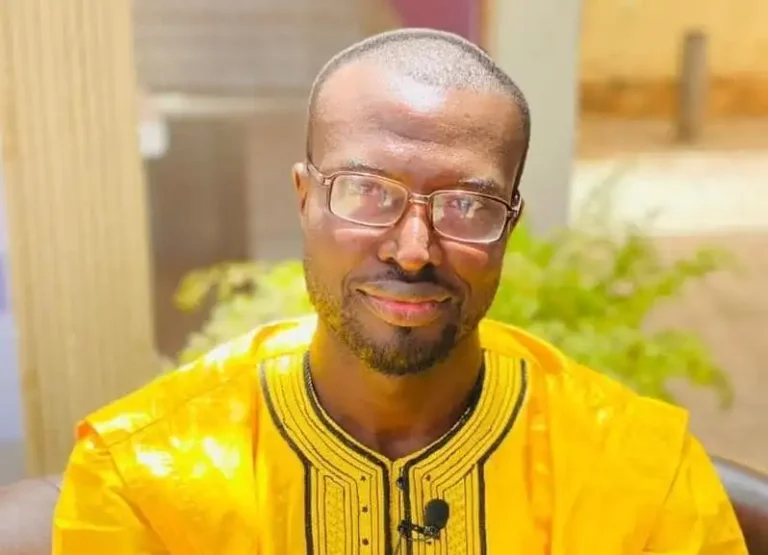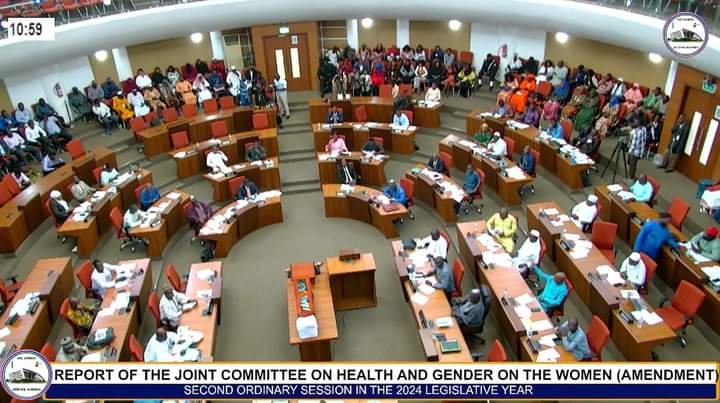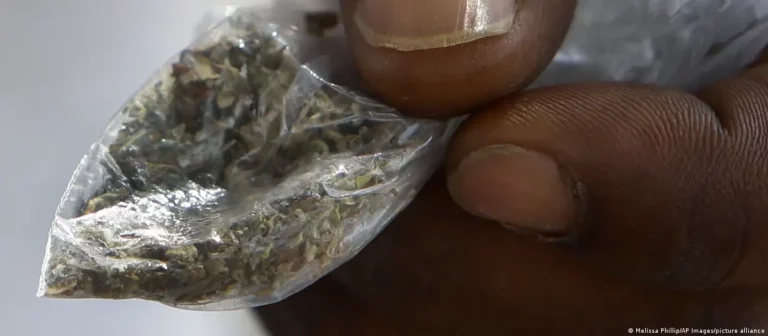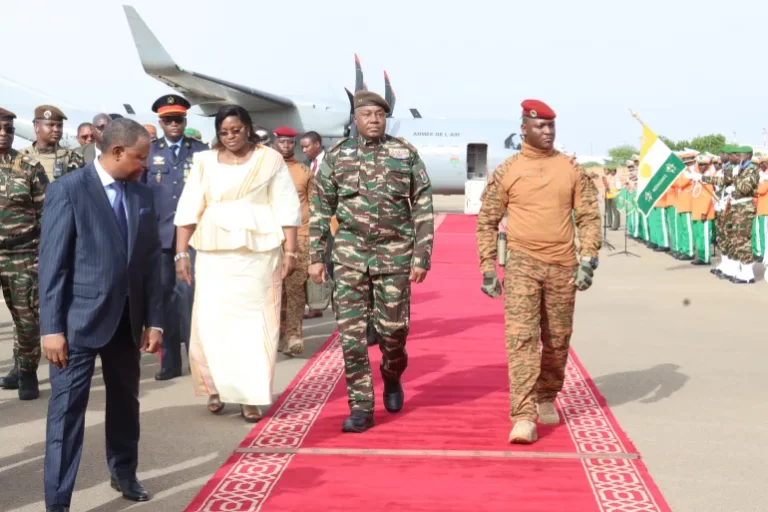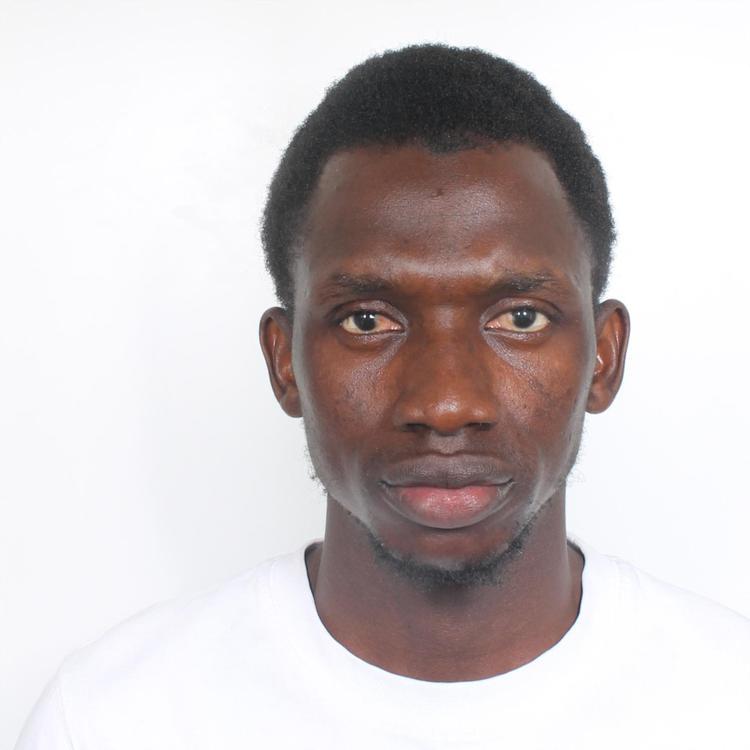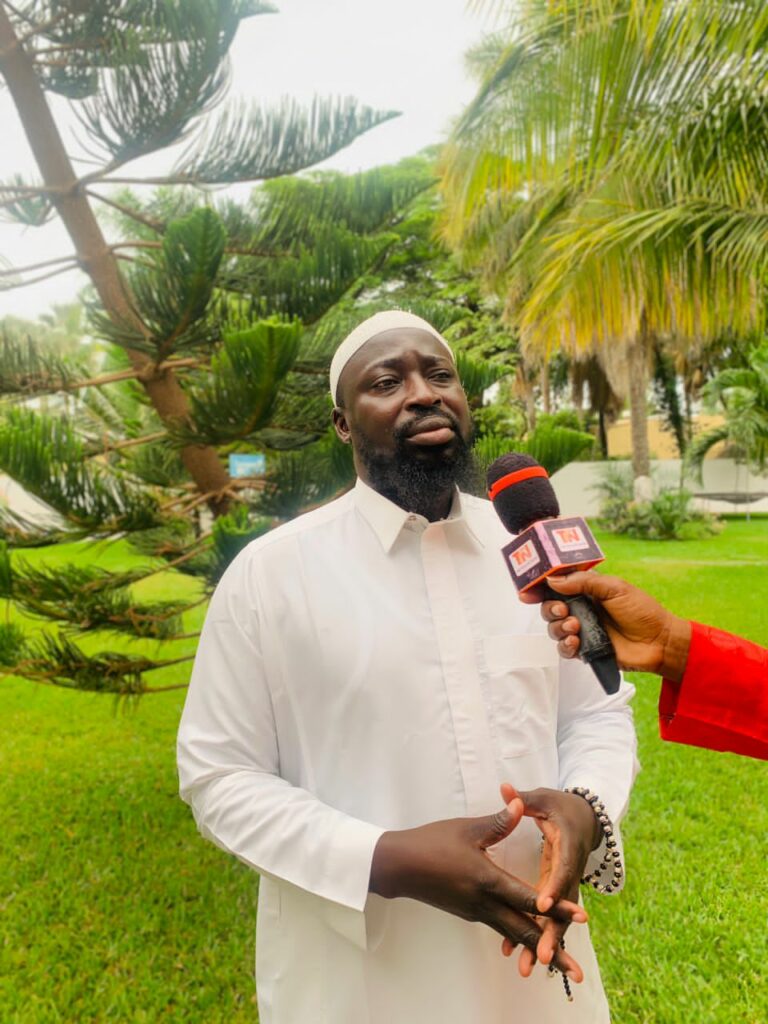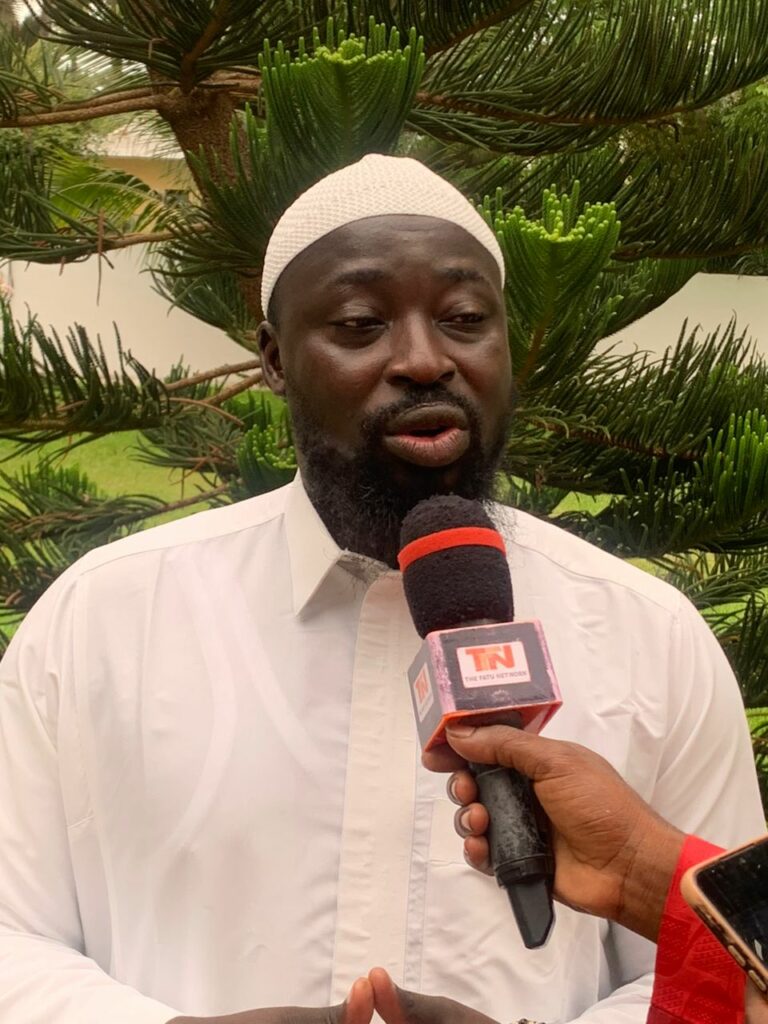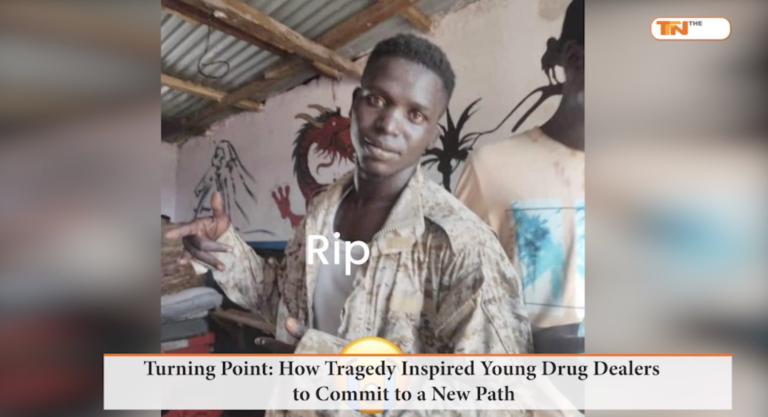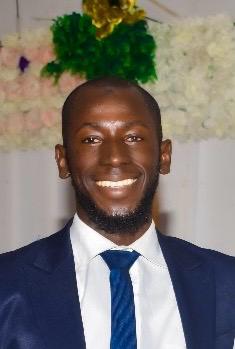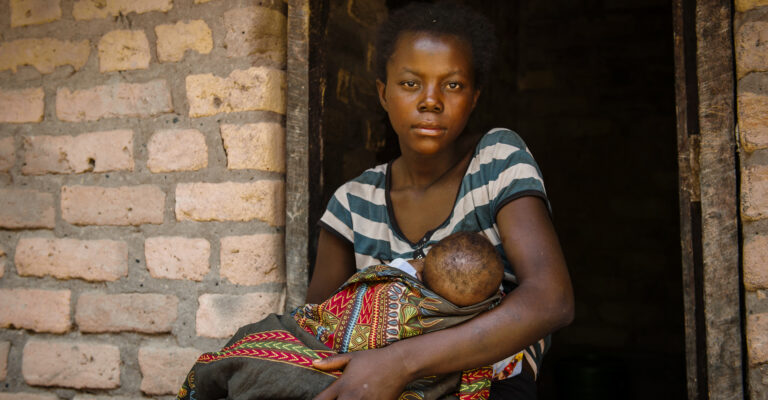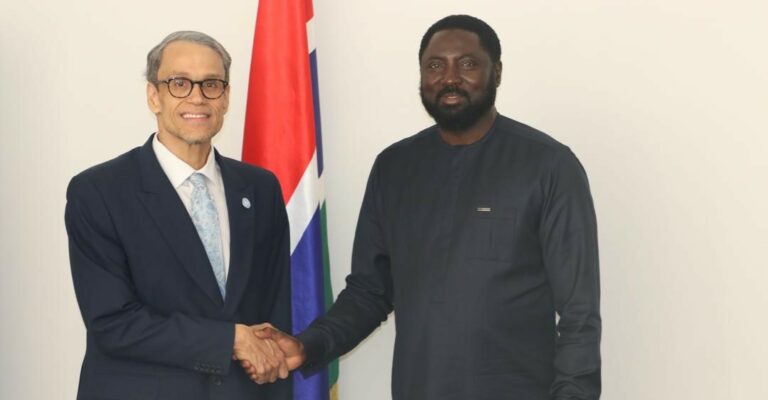By: Dawda Baldeh
A new drug called ‘kush’ is wreaking havoc in The Gambia. Believed to originate from West Africa, particularly Sierra Leone, kush is estimated to have caused around a dozen deaths and hospitalised thousands.
Kush has become increasingly prevalent among the youth in The Gambia. Its presence was first noted in February 2024, when the Epidemiology and Disease Control (EDC) Program reported an upsurge in cases of suspected drug and substance abuse identified as ‘kush’, a substance that mimics cannabis. The drug, mostly taken by young people, causes individuals to fall asleep while walking, collapse, bang their heads against hard surfaces, and walk into moving traffic, resulting in very embarrassing situations. Health personnel report that it causes signs of pain, swollen tongues and lips, drooling saliva, and restlessness.
What is Kush?
Kush is a substance that mimics cannabis and is smoked like cigarettes. The drug contains a mixture of cannabis, fentanyl, tramadol, and formaldehyde. Some people claim it also contains human bones, though there is no scientific laboratory confirmation of this yet. The Fatu Network contacted Commissioner Pa Bojang, the Chairman of the Task Force on Kush, to seek further clarification on the drug’s chemical composition. Many speculate that it contains human bones.
“We have collected samples for testing. I can confirm it contains some dangerous chemicals, but there is no laboratory evidence to say it has human bones,” he said, adding that no institution other than the Drug Law Enforcement Agency is allowed to continue testing the drug.
Health experts argue that the drug is mixed by local criminals and that a few puffs can take users to a cloud at night. It is found in countries like Sierra Leone, Guinea, Liberia, and The Gambia.
Kush-Related Deaths in The Gambia
Following the discovery of kush abuse in the country in February, a task force comprising members from the Drug Law Enforcement Agency and the Ministry of Health was formed to investigate the matter. Several people have been arrested in different parts of the country for alleged possession of the drug, according to the Task Force report. As of June 24th, the Task Force reported 113 cases and 11 associated deaths over four months.
These cases were identified from various health facilities, including Kanifing General Hospital, Edward Francis Small Teaching Hospital (EFSTH), and Serrekunda Hospital. However, there are several other reported cases of kush-related deaths yet to be confirmed by the authorities.
Witnesses, Victims, and Survivors’ Testimonies
The Fatu Network spoke to several individuals and groups, including witnesses, victims, and survivors of the dangerous kush. A survivor, who wishes to remain anonymous, explained how he nearly lost his life after smoking kush, vowing never to take the drug again.
“I will never take this kush in my life…it nearly killed me after taking a few puffs. I lost my mind for nearly a month and was hospitalised,” he testified.
“It makes you forget,” says Lamin Sarr, a 21-year-old kush user from Barra, who noted that young people in his area are now taking the drug. “We’re under such strain. There’s no work. There’s nothing here.”
Omar Gaye, another individual, confessed to being involved in the business and use of kush but gave it up after the drug claimed the lives of three individuals in his ghetto in Barra, Lower Nuimi in Gambia’s North Bank Region.
“I was doing kush business due to its profitability, but I gave up after it killed my friend. Now, I have joined the campaign against the drug,” he said.
Modou Cham, another user and dealer of the substance said, “This drug is very dangerous and it’s wreaking havoc. It has killed our ghetto youth in our presence,” he explained. These ghetto youths have now recommitted themselves to joining the advocacy to end the use, sale, and distribution of the harmful drug.
Someone who had participated in the rescue of at least three people who nearly lost their lives after smoking kush also shared his experience.
“I have helped to rescue three people in my community who smoked kush. When they took it, they lost their minds and tried to swallow their tongues. I had to make sure they didn’t swallow their tongues before we reached the hospitals,” he narrated.
Public Outcry and Advocacy
Since the discovery of the drug in the country in February, there has been continuous advocacy involving healthcare workers, law enforcement agencies, youth groups, and politicians, among others, against the drug. In an interview with The Fatu Network, Mass Manneh, the Head of the Department of Major Trauma, Intensive Care Unit, and Ambulance Service at Afrimed International Hospital, shared some of the detrimental effects of kush and urged people to desist from taking it.
He said users often experience extreme agitation, hallucinations, and violent behaviours, which can lead to life-threatening situations.
“We see too many young lives lost to kush,” he lamented, urging a collective effort to fight its spread.
“This is not just a healthcare issue; it is a societal problem that requires a multifaceted approach,” he added.
The leader of the opposition United Democratic Party, Ousainou Darboe, also called on Gambians and the government to unite in the fight against kush abuse.
“Every day, young people are dying from this kush, and we can’t sit and wait. The government must act now and eliminate this drug. We can’t tolerate this, and dealers must be dealt with,” he emphasized.
Ebrima Jallow, a youth activist and poet, encouraged young people to desist from smoking the dangerous drug. In a poem, he said: “Mothers weep, and fathers mourn, for futures lost and torn. Kush is dangerous; let’s unite and banish it from our societies to save the future,” he advocated.
Conclusion
The situation of kush abuse in The Gambia is alarming, leading to deaths, hospitalizations, and significant societal impacts. Efforts are underway to raise awareness, advocate against the drug, and push for decisive action to combat its spread and protect future generations.

